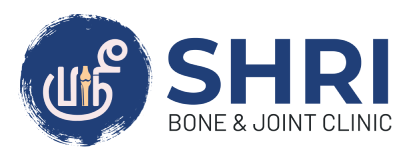When you have osteoporosis, there are several key nutrients you need to supply your body with, to make your bones as strong as possible
Dr Shriram krishnamoorthy, Consultant Orthopaedician, MGM Healthcare.
Nutrients to focus on
Calcium
This mineral is an important component of bone tissue.
Source – milk and milk products, soya, tofu, green leafy vegetables
Vitamin D
This is your body’s companion vitamin to calcium. Without enough vitamin D, your body can’t absorb calcium properly.
Source – fish, cheese, egg yolk, vitamin D fortified foods
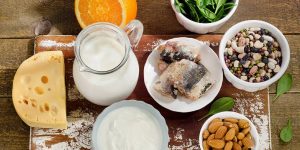
Protein
You need protein to maintain healthy tissues, including muscle tissue. Low protein intake is associated with increased risk for hip fracture. Studies recommend eating between 0.8 and 2.0 milligrams (mg) of protein per kilogram of body weight.
Source – meat, egg, tofu, milk and milk products, nuts, yogurt
Vitamin C
Vitamin C enhances the absorption of calcium. When taken together, they can maximize bone strength and may play a role in preventing osteoporosis. Get plenty of vitamin C from fresh fruits and vegetables.
Source – citrus fruits, sweet potato, tomato, cabbage, spinach, cauliflower
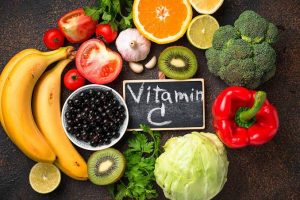
Magnesium
This mineral plays a role in building strong bones. However, your body’s ability to absorb magnesium diminishes with age. Eating a variety of healthy foods can help you get enough magnesium on a daily basis.
Source – Nuts, legumes ,tofu, whole grains, avocado

Vitamin K
Researchers have identified a relationship between vitamin K1 and osteoporosis: Women with lower vitamin K intakes were at greater risk for hip fracture. Those who got more than 254 mg per day had a significantly reduced risk for hip fractures.
Source – green leafy vegetables, broccoli, cauliflower, cabbage, fish, liver, meat and egg
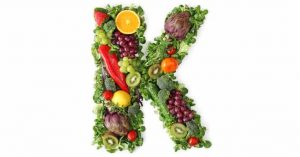
Zinc
Your body uses zinc to help the bones stay strong. Low intakes of zinc are associated with poor bone health.
Source – pomegranate, berries, whole grains, milk products
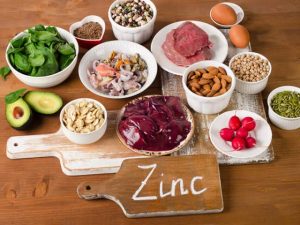
Foods to limit or avoid
High salt food
Excess salt consumption can cause your body to release calcium, which is harmful to your bones. Avoid foods that contain more than 20 percent of the daily recommended value for sodium. Limit your intake to no more than 2,300 mg per day whenever possible.
Alcohol
While a moderate amount of alcohol is considered safe for those with osteoporosis, excess alcohol can lead to bone loss. According to the National Osteoporosis Foundation, drinks should be limited to about two per day.
Beans/legumes
While beans have some healthy attributes for women with osteoporosis, they’re also high in phytates. These compounds affect your body’s ability to absorb calcium.
However, you can reduce the amount of phytates in beans: First soak them in water for two to three hours before cooking, and then drain the beans and add fresh water for cooking.
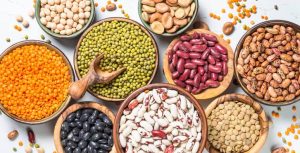
Wheat bran
Not only does wheat bran contain high levels of phytates, which can hinder calcium absorption, but 100 percent wheat bran is the only food that seems to reduce the absorption of calcium in other foods eaten at the same time.
Therefore, if you take calcium supplements, don’t take them within two to three hours of eating 100 percent wheat bran.
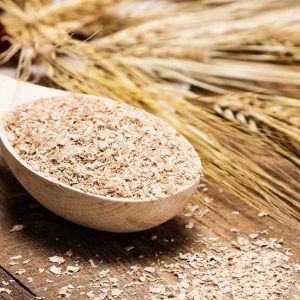
Excess vitamin A
Too much of this nutrient is associated with having adverse effects on bone health. This isn’t likely to happen through diet alone.
However, those who take both a multivitamin and fish liver oil supplement — also high in vitamin A — daily may have increased risk for adverse health effects from excess vitamin A consumption.
Caffeine
Caffeine can decrease calcium absorption and contribute to bone loss. Drinks such as coffee, tea, sodas, and energy drinks all contain varying amounts of caffeine, so choose these beverages in moderation.
